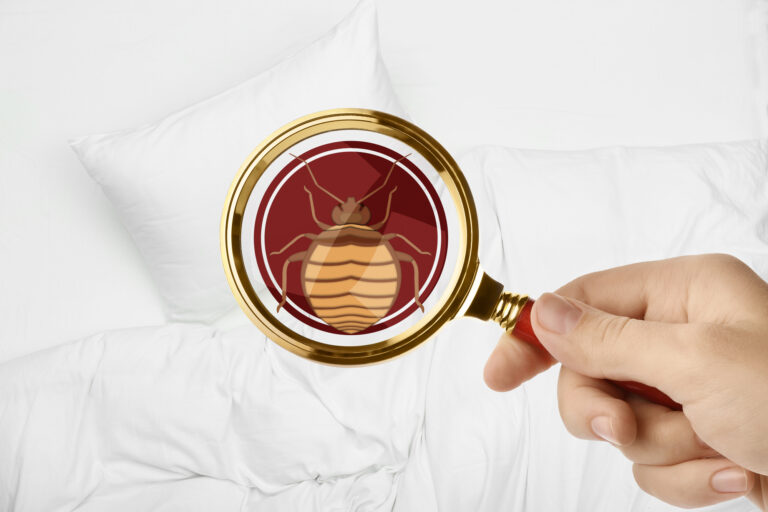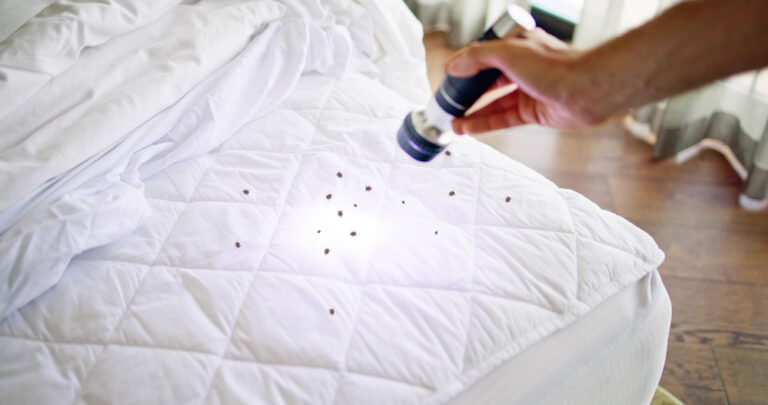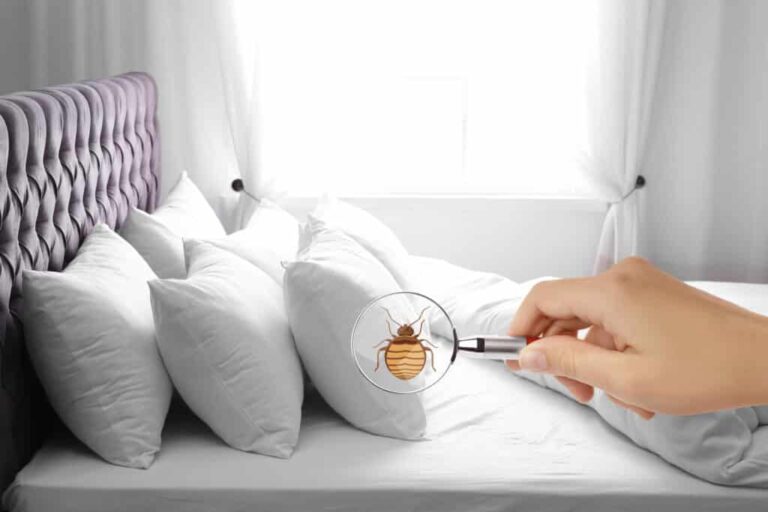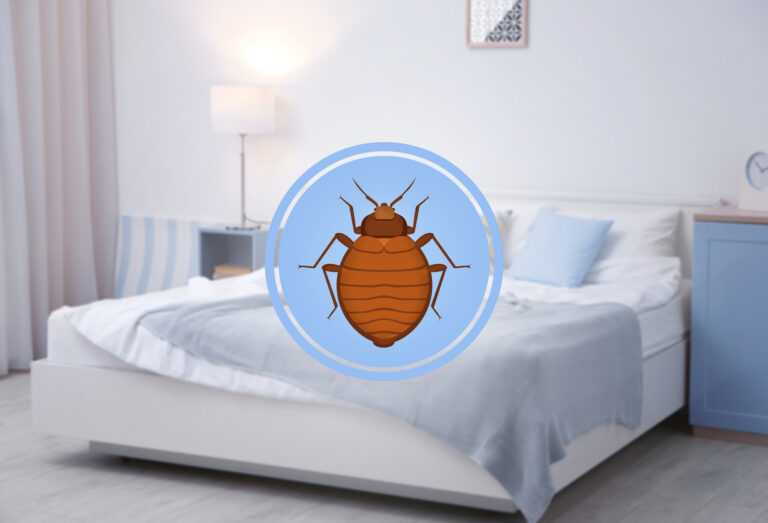You can find bed bugs in different places, but they are ubiquitous in hotels and apartment buildings. Therefore, knowing what weather kills bed bugs is essential if you own a house and want to eliminate bed bugs.
Heat is a significant factor in killing bed bugs.
Heat will kill them in a few hours, but it takes longer at temperatures below 120 degrees Fahrenheit. The sun’s heat can kill bed bugs, which can be as high as 140 degrees Fahrenheit or more. If your home has an infestation, make sure any furniture with cracks or holes is covered with plastic sheeting to prevent the bugs from getting inside and spreading to other areas of your house.
Humidity levels above 70%.
Bed bugs cannot survive in high humidity. When humidity levels are above 70%, bed bugs die. You can measure humidity with a hygrometer, available at hardware stores or online for around $10-$15.
You can also use a damp paper towel or a water bowl to see if humidity levels are high enough. If the towel stays wet after 24 hours, or if the water remains in the bowl without evaporating, you need to increase the humidity in your home.
High temperatures.
Bed bugs can survive for a few days but die at temperatures above 120 degrees. The high heat kills germs and bacteria, essential for bed bug survival. Once the temperature reaches 130 degrees Fahrenheit or higher, it will kill most bed bugs and make them unable to reproduce.
However! Bed bug eggs can survive temperatures up to 140 degrees Fahrenheit—so if you have a hot box or other space with no air circulation, there’s no reason why your bed bugs couldn’t hatch out into the world!
Normal room temperatures.
The first rule of thumb regarding bed bugs is this: keep your room temperature above 70 degrees Fahrenheit. You can do that by keeping the windows closed or installing a fan or air conditioner (or both). If you need clarification on whether your home has an AC, ask someone in your family who lives there whether they use it often and how often the temperature drops below 70 degrees.
If temperatures drop below freezing and stay there for several days, it will kill off some eggs in your mattress—but not all! So if you have any doubts about whether or not this will work for you, consult with bed bug exterminators in Atlanta before going ahead with any cleaning efforts.

Freezing temperatures.
Freezing temperatures are not an excellent way to kill bed bugs. Bed bugs can survive in extreme cold, and it’s unlikely that you’ll be able to get your home completely cold enough to kill them. However, if you live in an area where freezing temperatures happen regularly, this may be an option for helping to keep the population at bay.
If you want to try this method, ensure your home is sealed up tightly with all outside doors and windows closed. Also, be aware that if you have pets, they may not be able to survive in freezing temperatures either.
Rainy Weather
Rainy weather is one of the most common causes of bed bug infestations, but it’s also one of the easiest ways to kill them. Bed bugs are not resistant to the effects of rain or other natural disinfectants and will die when they get wet or wet feet. They’re also less likely to survive if exposed directly to sunlight (which can be harmful).
An excellent way to protect yourself and your family members from an infestation is to keep them out of your home until the storm has passed. Stay away from rooms where evidence remains. Professionals such as exterminators who know how to prevent this problem from recurring will remove all traces of bed bugs.
Direct sunlight can kill bed bugs too.
Sunlight is also a method of killing bed bugs. Bed bugs are nocturnal, meaning they don’t like to be exposed to direct sunlight and prefer dark places. However, if you have a UV light source, its heat will kill off the bed bug population within 12 hours.
Suppose bed bugs infest your house, and you don’t want them in your home anymore. In that case, other ways can help:
- Vacuuming up fecal matter every day for 60 minutes during peak hours.
- Using steam cleaners.
- Dusting furniture with diatomaceous earth (DE).
- Treating carpets with permethrin-based products.

Safe Pest Termination Made Possible
If you are looking for a safe way to eliminate bed bugs, it is best to hire an exterminator. Exterminators have access to the latest tools and techniques that will help them quickly eliminate your problem. Don’t try to do it yourself; this could lead to injury or death if you fail to make changes in your home or apartment.
Professionals do not recommend pesticides because they may cause harm to people, pets, and children. At the same time, they sleep or play inside once they’re gone outside with friends who are also wearing protective clothing. Instead, professionals recommend using heat treatment to eliminate these pests. Know more about bed bug heat treatment in Atlanta if you want someone you can trust with this problem.
Home remedies like dehumidifiers don’t work well against bed bugs. They remove moisture from the air. This makes it harder for insects like these pests to survive longer without food sources nearby! So there’s no point trying anything else after hiring professional exterminators.
Bed bugs are among the most common pests and most challenging to eliminate. Small (less than 1/8 inch), fast-moving insects that can hide in seams, cracks, and crevices. They feed on human or animal blood and leave fecal matter behind as they return to the environment. Keeping them out of your home is a wise decision.






